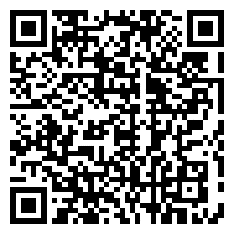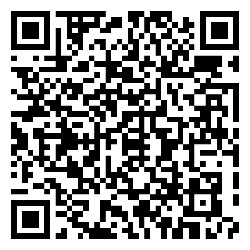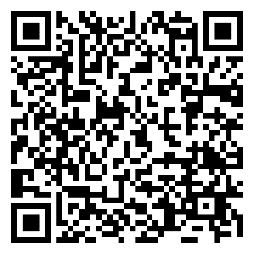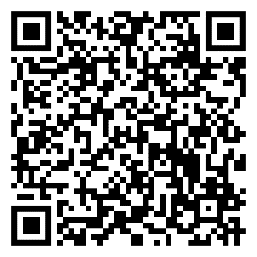Blind/Visually Impaired Support Programs
The Luzerne Intermediate Unit has a staff of highly qualified professionals including Pennsylvania Department of Education Certified Teachers of Students with Visual Impairments (TVI) and Certified Orientation and Mobility Specialists (COMS.)
Students with visual impairments are those students who are blind or have low vision. The regulatory definition of visual impairment is “… an impairment in vision that, even with correction, adversely affects a child’s educational performance.” This ranges from students who are totally blind or with minimal light perception, to students with functional vision, although less than the norm. For some students, visual impairment is their only disability, while others have one or more additional disabilities that will affect, to varying degrees, their learning and development.
What is a Visual Impairment?
The educational definition of visual impairment, as outlined by Individual with Disabilities Education Act (IDEA), defines visual impairment including blindness as “an impairment in vision that, even with correction, adversely affects a child’s educational performance. The term includes both partial sight and blindness. [§300.8 (c)(13)] Visual impairment is an umbrella term that encompasses a wide spectrum of visual functions ranging from moderate vision loss to blindness. Visual impairment is a collective term that includes individuals who are blind, have low vision, or have neurological visual impairments such as cortical/cerebral visual impairment or other trauma to the brain’s visual components. It is most often caused by a disease, disorder, syndrome, or brain injury. A visual impairment may progressively worsen, stabilize, or improve depending on the diagnosis.
| For more information visit: https://www.pattan.net/Disabilities/Blind-Visual-Impairment/What-is-an-Educational-Visual-Impairment |  |
Who Qualifies for Service?
Students who may be in need of services will receive an Educational Functional Vision Evaluation, Learning Media Assessment and/or an Orientation and Mobility Evaluation. Based on the State Standards and Regulations for Special Education, the need for services from a Program for students with visual impairments is one that indicates the student has an impairment in vision that adversely affects their educational performance and/or access.
| For more information on eligibility for services: https://www.pattan.net/Disabilities/Blind-Visual-Impairment/Educational-Visual-Impairment-Eligibility |  |
 | For Information on assessments used to determine services: https://www.pattan.net/Disabilities/Blind-Visual-Impairment/Topics-of-Interest/Assessments |
What Does Service Look Like?
Services from a TVI and/or COMS will look different for each student. Instructional programming is based on a student’s individualized needs and most instruction falls into areas of the “Expanded Core Curriculum.” Or ECC. The nine areas of the ECC include:
|
For Information on assessments used to determine services: https://www.pattan.net/Disabilities/Blind-Visual-Impairment/Topics-of-Interest/Expanded-Core-Curriculum

What is Vision Therapy?
Vision Therapy is a medically prescribed treatment plan of home and/or office-based therapeutic activities. It is made up of a set of progressive visual activities to treat some types of vison disorders or deficits. Vision Therapy is typically implementated by vision therapist or orthoptist under the doctor’s supervision. TVI/COMS do not provide vision therapy. Educational Visual Impairment services provide strategies to accommodate students with visual impairments and differ from a vison therapy treatment plan. If a child is receiving Vision Therapy the student is not assumed to qualify or disqualify for Educational Vision Impairment Services. If a student is suspected to be in need of school based services from a TVI and/or COMS, determination would be made through the evaluation process.
For more information about Vison Therapy, click or scan to download this PATTAN publication: https://www.pattan.net/Publications/Vision-Therapy-and-Educational-Visual-Impairment-S

